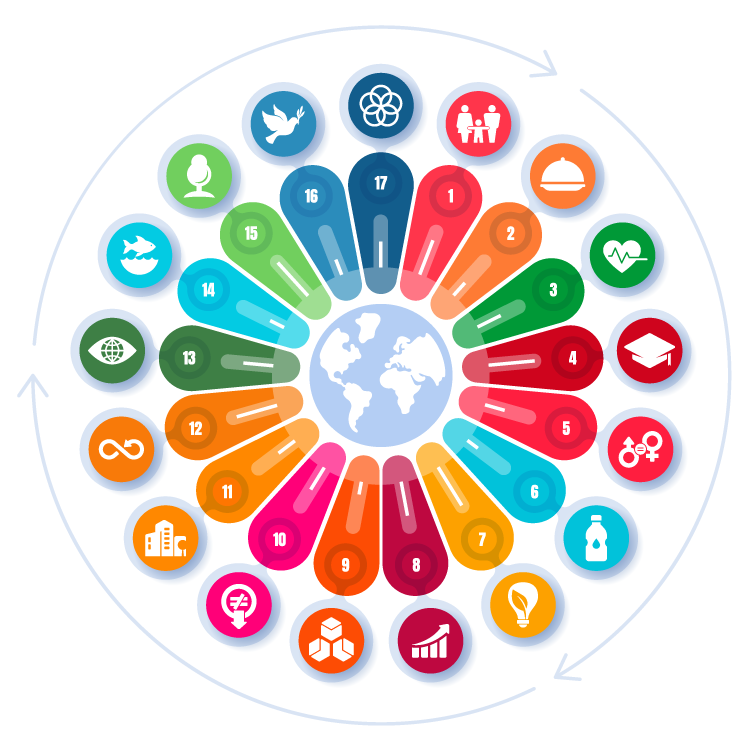4 Sustainability Reporting Trends To Watch From Indonesia
Indonesia is making significant progress in sustainability reporting as businesses recognise the importance of transparency and accountability. As the country advances towards sustainable development, several key trends are emerging in the realm of sustainability reporting. Let’s explore four significant trends that are shaping sustainability reporting in Indonesia.
- Stakeholder Engagement and Transparency:
Stakeholder engagement and transparency play a crucial role in sustainability reporting in Indonesia. Effective stakeholder engagement allows organisations to gather the latest and most relevant sustainability considerations across their value chain. According to Yuliana Sudjonno, PwC Indonesia ESG Leader, in 2022, approximately 70% of Indonesian companies have disclosed how they engage stakeholders in their sustainability reporting. This demonstrates the growing recognition of the importance of stakeholder involvement in identifying an organisation’s impacts on the economy, environment, and people. By actively engaging stakeholders, businesses gain valuable insights and ensure that their sustainability efforts align with stakeholder expectations. - Rise of Global Reporting Initiative (GRI) Standards and Sustainable Development Goals (SDGs):
The adoption of Global Reporting Initiative (GRI) Standards and Sustainable Development Goals (SDGs) as the primary standards and framework for sustainability reporting is on the rise in Indonesia. In 2022, an impressive 80% of companies studied in Indonesia used the GRI Standards for their sustainability reporting. There is a strong commitment to aligning reporting practices with internationally recognised standards. The SDGs provide a comprehensive framework for addressing global challenges, and their integration into sustainability reporting further demonstrates the commitment of Indonesian companies to contribute to sustainable development. - The State of Sustainability Reporting Assurance:
In Indonesia, there is a growing trend of companies seeking external assurance for their ESG disclosures to enhance the credibility of their sustainability reporting. According to a study in selected jurisdictions in the Asia Pacific region, the percentage of companies obtaining external assurance for their ESG disclosures increased from 37% in 2021 to 49% in 2022. This increase reflects the recognition that external assurance provides stakeholders with credible information and enhances confidence in a company’s sustainability performance. Investors, in particular, value the assurance process, with three-quarters of polled investors indicating that their confidence in sustainability reporting would be boosted if it were assured at the same level as the company’s financial statements. Obtaining external assurance is becoming essential for businesses to build a higher degree of credibility around their sustainability reporting. - Involvement of Board of Directors (BOD) and Management in Sustainability Training:
In Indonesia, there is a growing recognition of the importance of involving the Board of Directors (BOD) and top management in sustainability training. In 2022, Indonesia surpassed the average rate by reaching an impressive 68% of companies involving their BODs or management in sustainability training. This indicates a proactive approach to building awareness and understanding of sustainability issues at the highest levels of corporate decision-making. By involving the BOD and management in sustainability training, companies are ensuring that sustainability becomes an integral part of their strategic vision and decision-making processes. Indonesian companies are committed to embedding sustainability into their organisational culture and governance structures.
Businesses in Indonesia should remain attentive to these trends and adapt their reporting practices accordingly. By embracing these trends, companies can build trust, drive positive change, and contribute to a more sustainable future. Let’s collaborate to transform sustainability reporting in Indonesia and create a business environment where sustainability is at the forefront of decision-making.





















